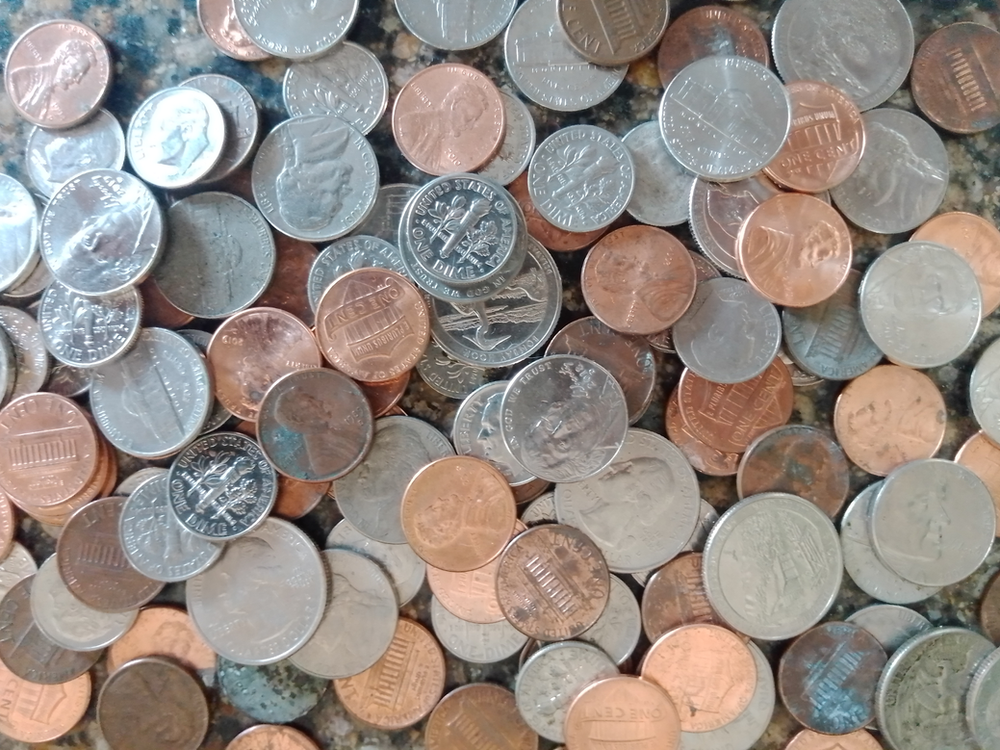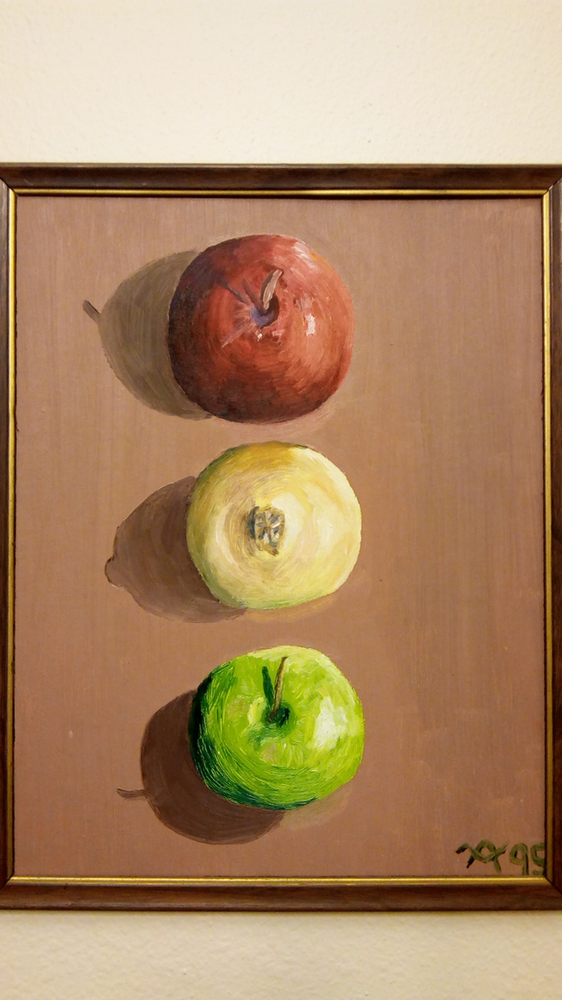Something that I do every year or so is to take a very detailed inventory of how I spend my time. I try to find a week that seems that it will be pretty typical for me, no unusual plans, and carry a little pocket notebook. I record what I am actually doing for each fifteen-minute block of time for the entire week. It’s not perfect, sometimes a few hours go by and I have to estimate what I forgot to write down, but it is a reasonable approximation of the week. After seven days I enter all of it into a spreadsheet, I love spreadsheets, and step back to look at where all my time went. I always learn something. I plan to do that next week. Seems like the new year is a good time to do such an exercise. I am after all still working on my New Year’s intentions. I’m going to call them intensions rather than resolutions.
What will I find? Will I spend less time on social media simply because I am going to have to “answer” for that time via this exercise? How much time do I spend reading the news? How much time do I spend cooking or watching TV or looking at cat videos? How about worrying and complaining and judging? Will I feel comfortable sharing ALL my activity totals with myself, my family, the world? Does something as simple as the annual mindful exercise of abstaining from alcohol for a month change what I do for the rest of the day? Is it even possible to NOT affect the “experiment” by the simple act of performing it? The answer to the last question is an easy NO.
We have an epidemic of unhappiness in our country, our world, even before the pandemic struck. There seems to be little that we can agree on anymore, but can’t we at least agree that there is a lot of unhappiness and misery? How much of this is beyond our control? How much of it is a logical inevitable result of our choices; a pre-destined result of the disconnect between what we do and what our actual values are? If this sounds a bit like a Stoic exercise it likely is as recently read a few books on Stoic philosophy. How can we expect to bake a delicious cake if all that we have are a bucket of used motor oil, a scratchy purple turtleneck, and a stack of National Inquirers from 1981?
Of course, gathering the data and analyzing it is only the beginning. Do we see patterns? Are there surprises? Why not take the next step and separately list out a few people that you admire? With that list in hand drill further and identify what traits or actions you admire in each of them (and by definition shouldn’t mind emulating). Compare this list with your detailed inventory of what you did this week. Are there similarities? Are there glaring differences? If we admire the mindful compassion of the Dali Lama for example, why do we spend so much time on Facebook and a similarly large portion of our life judging people we don’t know?
NOW the real fun begins. Take out 168 coins or 168 beans or 168 of whatever you have. (Why not pause to be thankful that you have 168 items of some sort and that you can count to 168!) Get a couple sheets of paper and write down on them the names of the activities that got at least an hour of your time (one coin or bean). Step back and look. Does this make you happy? Place one coin for each hour next to each of these activities. Are there a few coins that could be moved from “watching TikTok™ videos” to “spending time with friends/family” or “cooking” or “sleeping”? It is not okay to simply add coins to the 168…. there are truly only 168 hours in a week! Consider living this new allocation of your most precious possession, your time, literally, your life. I can’t wait for next week! What will I find? Why not make this a regular activity for each New Year?



